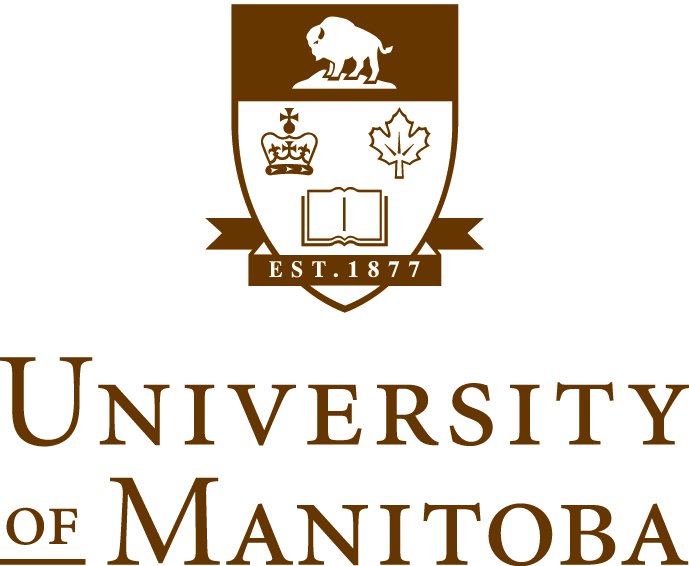|
Maps | CEOS | Dept. of Environment & Geography | Faculty of Environment | Libraries
GEOG4930/7930 Chemical Oceanography |
||
|
|
|
|
|
|
|
|
|
|
Course Outline (Jan. - Apr., 2024)
Description This course deals with the sources, distribution, and transformation of chemical constituents of the oceans, and the processes that control them. Topics include: composition of major, minor and trace-elements in the oceans; air-sea interactions; the carbonate system; organic carbon; micronutrients; and contaminants. The emphasis will be given to biologically or climatically significant elements such as carbon, nitrogen, phosphorus, iron, and mercury in the Arctic Ocean.
Prerequisite ENVR2550 Environmental Chemistry AND GEOG2930 (Introduction to Oceanography)
Instructor Centre for Earth Observation Science Office: 588 Wallace Building Phone: 474-6250 E-mail: feiyue.wang@umanitoba.ca Web: https://home.cc.umanitoba.ca/~wangf
Lecture Section 8:30 - 11:30 am, Wednesdays, Term 2 243 Wallace Building
Office Hours / Tutorial I am in the office most of the afternoons and you are welcome to drop by anytime.
Optional Textbooks Millero F.J. 2013. Chemical Oceanography, 4th Edition. CRC Press. Sarmiento J.L. and Gruber N. 2006. Ocean Biogeochemical Dynamics. Princeton University Press. (Highly recommended for graduate students) Broecker W.S. and Peng T.H. 1982. Tracers in the Sea. Eldigio Press, New York. (can be downloaded from https://www.ldeo.columbia.edu/~broecker/Home_files/TracersInTheSea_searchable.pdf)
Additional material will be handed out in class or posted at the course website.
Marks Assignments: 30% Term paper & presentation: 30% Final exam: 40%
The Grading Standard for this course is as follows: A+ (90-100%) B (70-74%) D (50-59%) A (80-89%) C+ (65-69%) F (0-49%) B+ (75-79%) C (60-64%)
Policy Regarding Late Assignments Students will not be permitted to write make-up tests or hand in assignments late, except for documented medical or compassionate reasons.
Evaluative Feedback No evaluation will be provided by the voluntary withdrawal date.
Academic Integrity It is your responsibility to acquaint yourself with the University Policy on plagiarism, cheating, and examinations. The copying of another student's assignment or the submission of the same material for two or more courses is plagiarism. Plagiarism and any other form of cheating in examinations, labs, or term tests are subject to serious academic penalty. The full definition of plagiarism and the possible penalties associated with it can be found in the Undergraduate Calendar. If your submitted assignment contains material you have copied from another source (e.g., parts of another person's assignment, or from a textbook, or from the published literature, or from a website) you must give proper credit to that source.
Pandemic Statement Should major disruptions to university activities occur as a result of a pandemic, the course content, marks breakdown, and other provisions of this document may be adjusted as the circumstances warrant.
|
|

